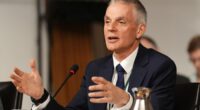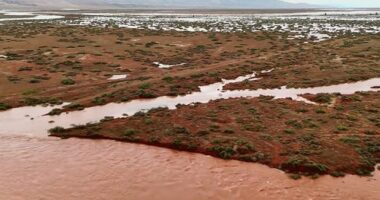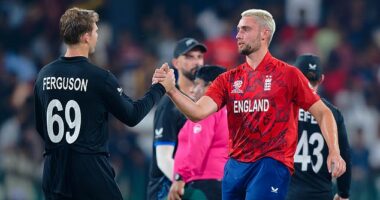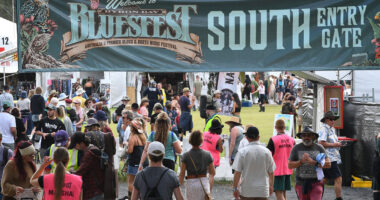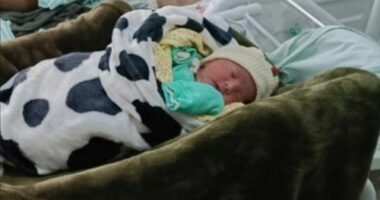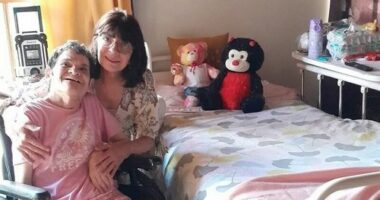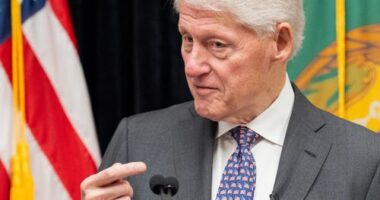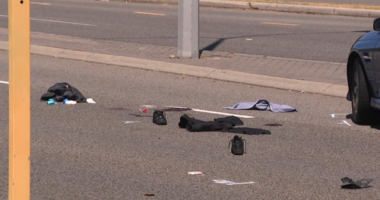Share this @internewscast.com
Featuring a predominantly First Nations cast and crew, “Reckless” might seem, at first glance, like just another attempt to meet diversity quotas. However, director Bedford argues that such assumptions are outdated and should be discarded entirely.
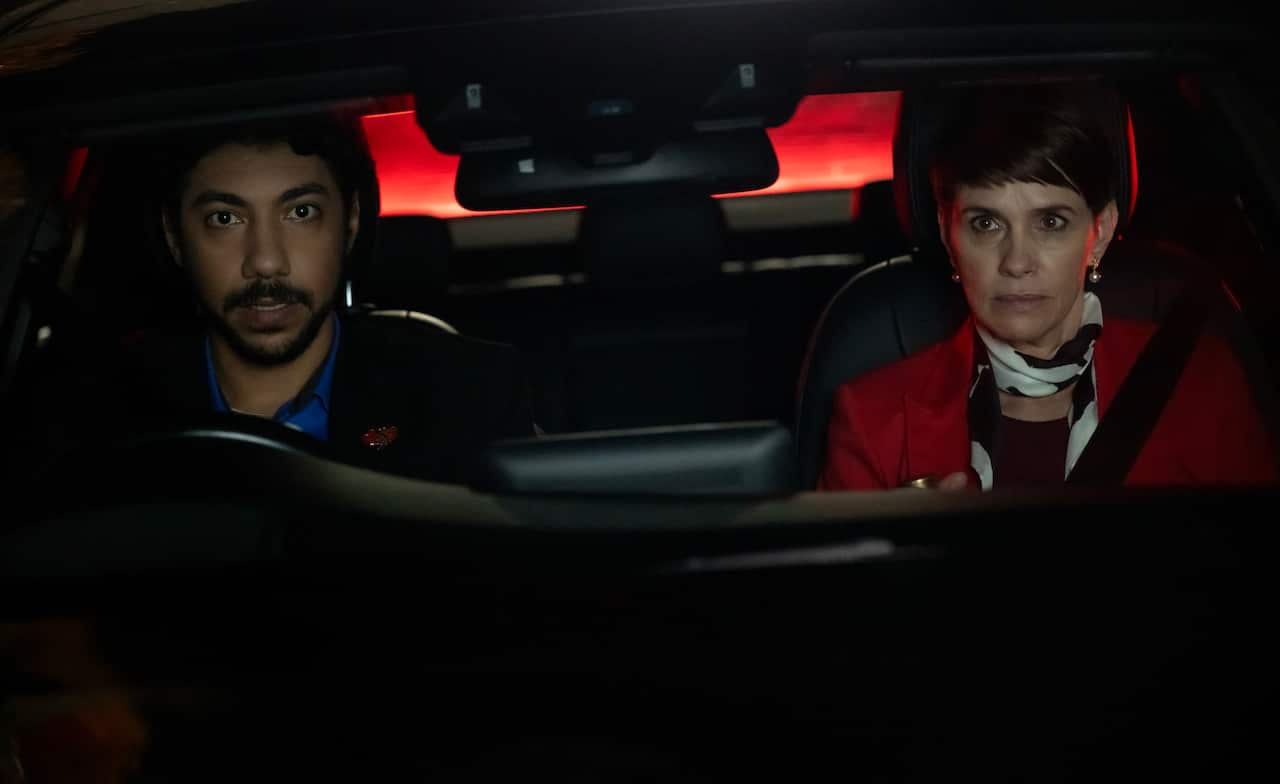
“Reckless” stars Hunter Page-Lochard and Tasma Walton as Charlie and June, two siblings who find themselves reluctantly reunited and embroiled in a cover-up of a hit-and-run accident.
Throughout her career, Bedford has often struggled with the labels that have been imposed on her, despite her efforts to move beyond them.
“None of that diminishes my identity as a Blackfella. It’s an intrinsic part of who I am, and that’s the cultural confidence my community has instilled in me,” Bedford explains.
As the siblings attempt to navigate the fallout of their actions, their situation deteriorates further, entangling them in a web of lies and attracting unwanted attention from those around them.
Kodie Bedford
“That doesn’t take away from my identity as a Blackfella because you can’t do that. I just am. That’s the cultural confidence my mob have given me.”
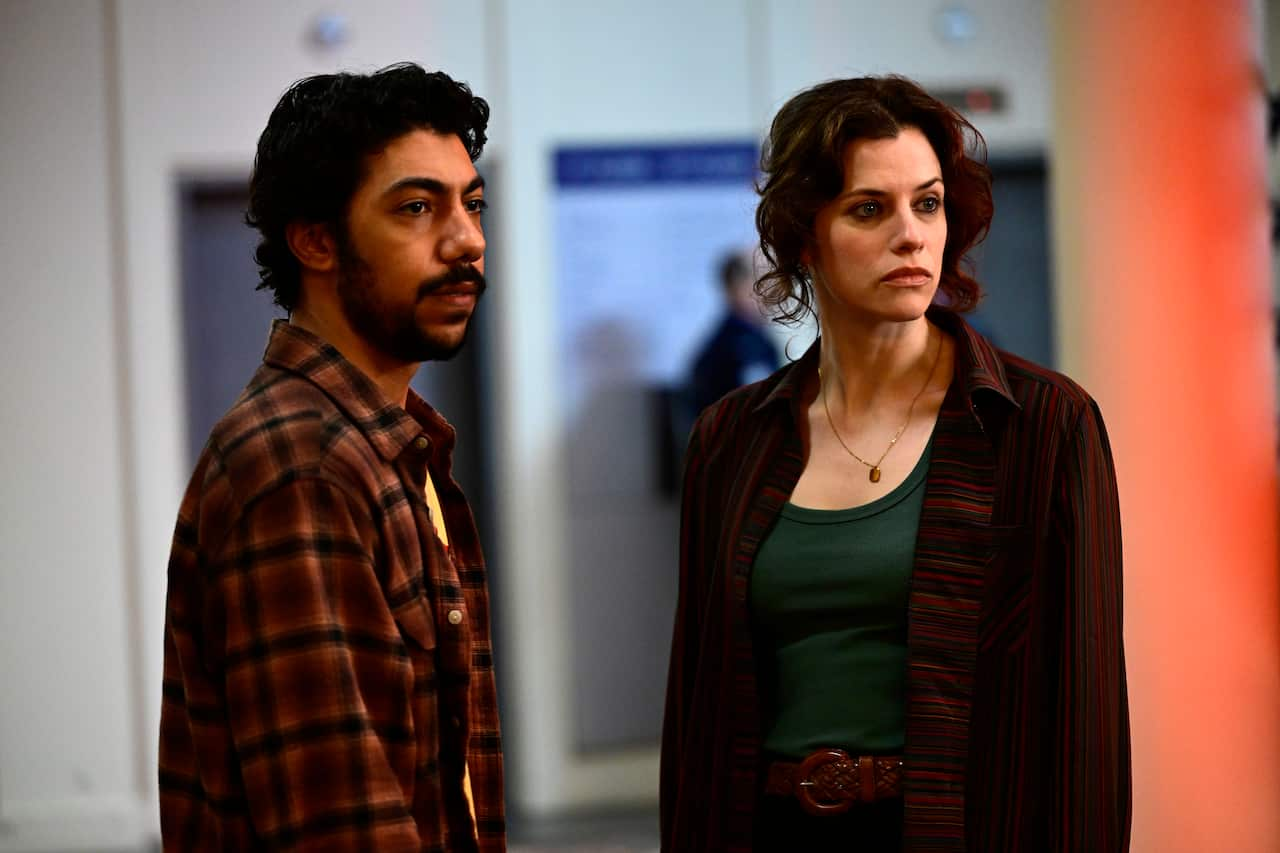
Things go from bad to worse when Charlie and June get caught up in elaborate lies, drawing the suspicion of people around them. Source: Supplied / SBS/NITV
‘I want to see Blackfellas behaving badly’
For Bedford, writing unethical, naughty and downright bad First Nations characters is the point.
My whole career, I’ve really fought for First Nations characters to be a bit naughty, to be flawed.
Kodie Bedford
It’s only relatively recently that Indigenous representation on screen has begun to break free with TV shows like Reservation Dogs, which made history in 2021 as the first mainstream US series with an all-Indigenous writer’s room. Elsewhere, Marvel’s TV series Echo cast Alaqua Cox as deaf Native American character Maya Lopez: Cox is a deaf amputee from the Menominee Nation.
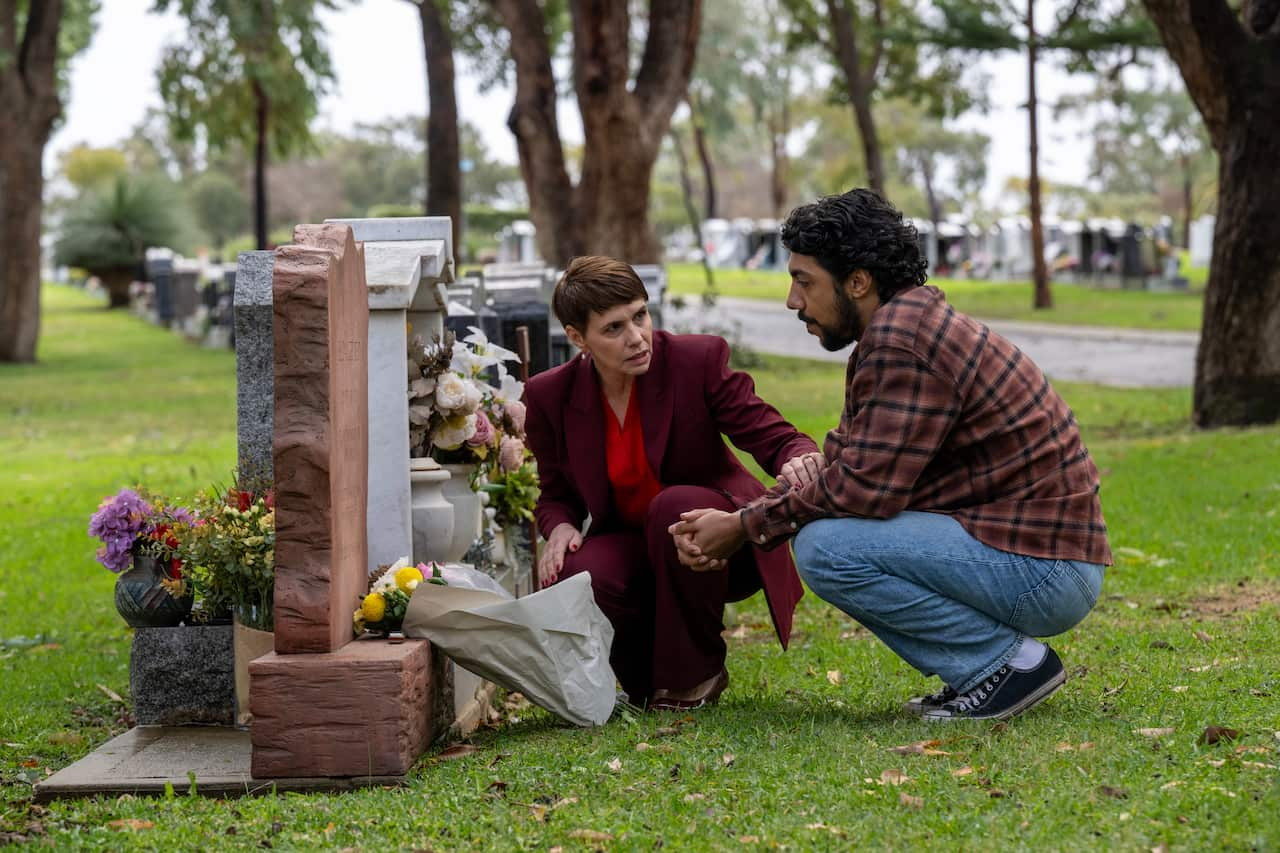
Charlie and June aren’t good people. For Kodie Bedford, that’s the point. Source: Supplied / SBS/NITV
In recent years, the Australian industry has also seen progression.
For Bedford, the goal is clear: more First Nations storytelling, but with the same creative freedom afforded to white characters.
A full circle moment
Bedford — and several other SBS staffers — left the broadcaster in 2010 after sharing similar experiences.
I really believe in the role SBS plays in the Australian television landscape: putting those stories on screen that we don’t see.
Kodie Bedford
“Even though what I had in the beginning was a terrible, terrible experience, I’ve come out now with the most joyful experience. Isn’t that the true meaning of growth?”
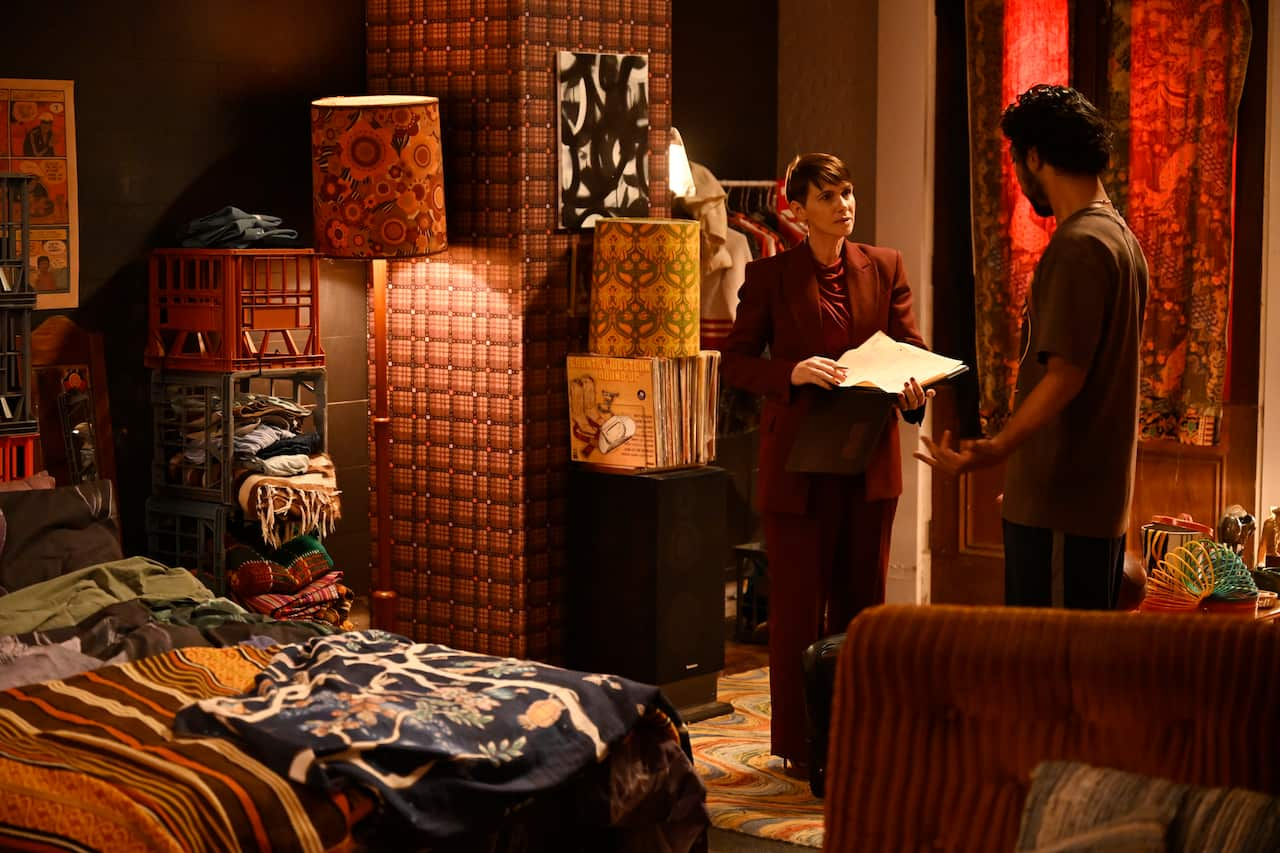
Adapted from the Scottish series Guilt, Reckless interrogates the intersection of class and race. Source: Supplied / SBS/NITV
Can race trump class?
While Guilt explored class, Bedford wanted to dive deeper into the intersection of class and race in Reckless.
My central question when I was writing this was: can race trump class?
Kodie Bedford
“At the heart of it, putting aside the crime, putting aside the location, this story at its heart is about siblings and family dynamics.”
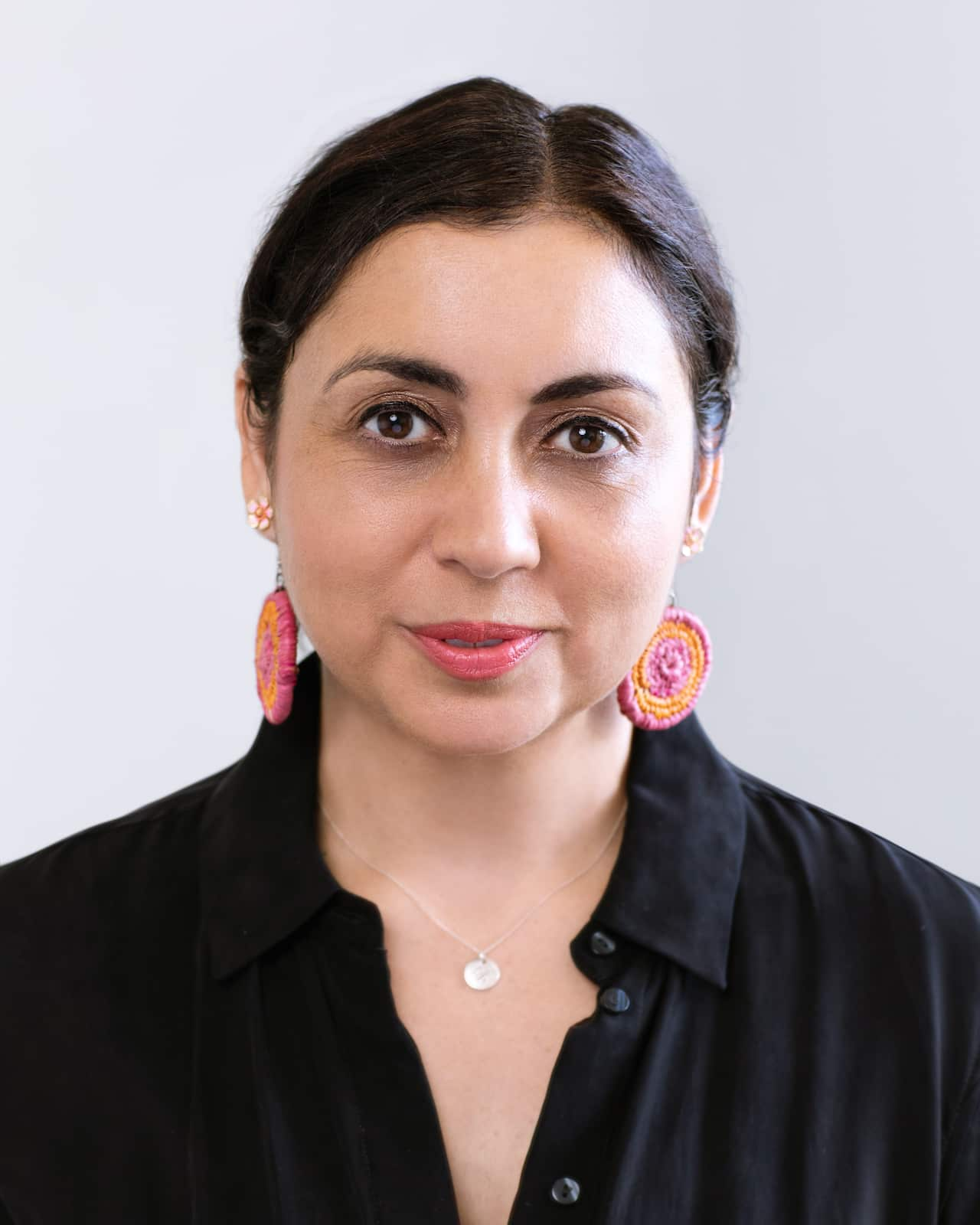
Bedford doesn’t want to be limited to writing Blak characters. She just wants to “write the yarn”. Source: Supplied / SBS/NITV
A Blak-led world
The writer’s room was small — just Bedford and Stuart Page (Total Control, Cleverman). She says that while Page is white, they both “gelled” immediately.
As a writer, I don’t want to limit myself to just writing Blak characters.
Kodie Bedford
Anglo-Celtic characters still dominate the screen at 71 per cent, and the number of First Nations writers and directors platformed on screen remains comparatively small.
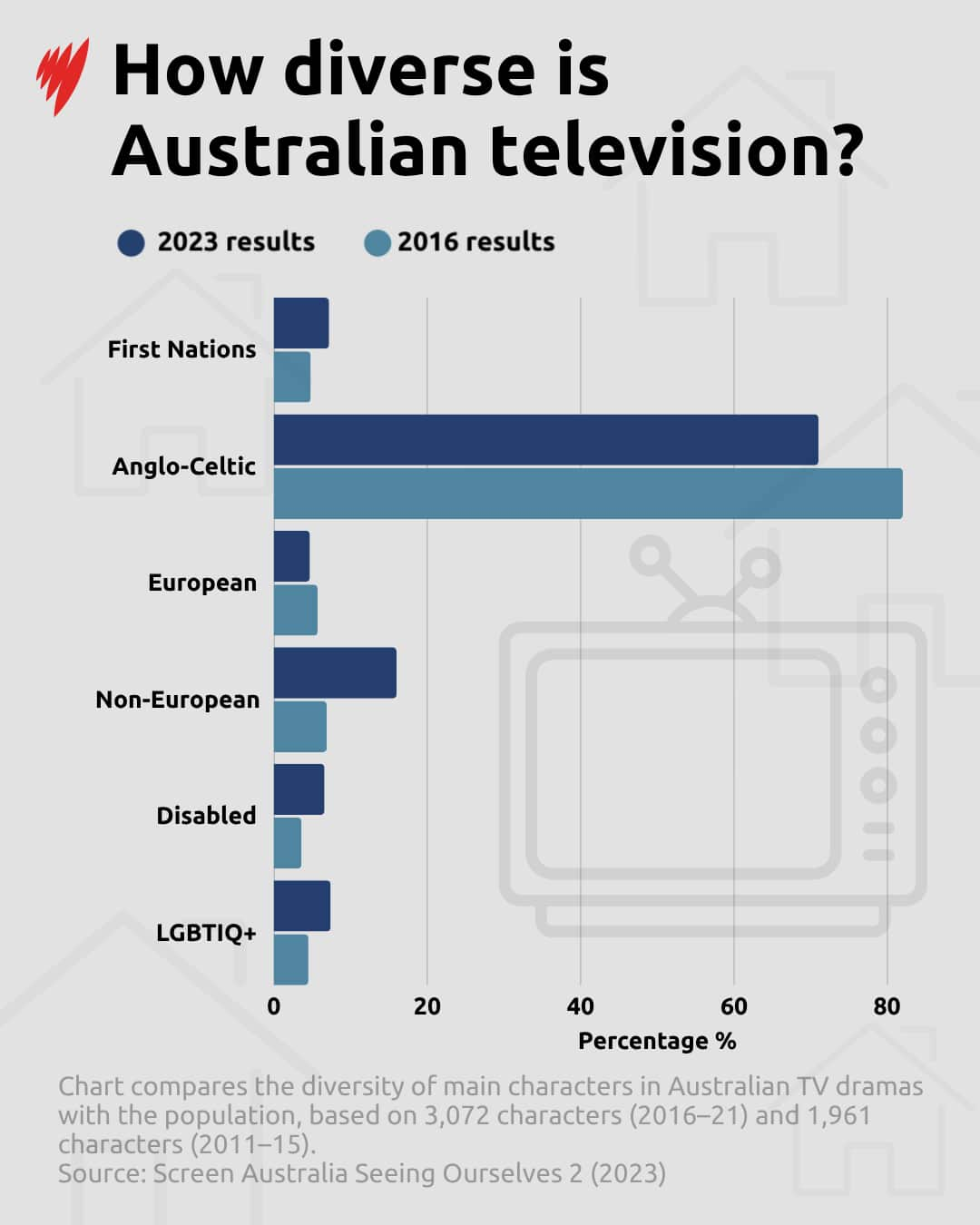
A 2023 Screen Australia report found First Nations main character representation in local drama rose to 7.2 per cent, up from 4.8 per cent in 2016. Source: SBS News
‘We’re not far from seeing Blackfellas in space’
“I don’t think we’re that far from it, to be honest. Putting our faces on the screen is done. We’ve done our history in terms of Australia.”
Our direction in terms of Indigenous storytelling is going to places I’ve always dreamt.
Kodie Bedford
“I think that must mean that our direction in terms of Indigenous storytelling is going to places I’ve always dreamt — where we get to tell stories without restriction.”
